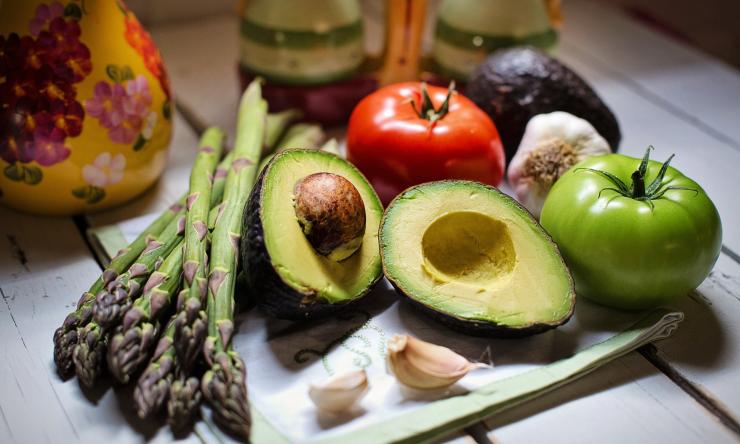Researchers uncover the effects of avocado on type 2 diabetes
Type 2 diabetes and prediabetes are major public health burdens among adults, and Hispanics and Latinos in the United States are at increased risk for type 2 diabetes. Researchers at Baylor College of Medicine studied how avocado intake impacts the chance of developing type 2 diabetes. Their findings were published in the Journal of Diabetes Mellitus.
“A healthy diet and physical activity are the most effective lifestyle changes to manage and prevent type 2 diabetes. I’m interested in identifying foods that can be incorporated into the diet that are popular and easy to prepare and eat,” said Dr. Alexis Wood, assistant professor of pediatrics – nutrition at the USDA/ARS Children's Nutrition Research Center at Baylor and Texas Children’s Hospital.
Using existing data sets from a large population of Hispanic adults across the country, research participants were classified as avocado consumers and non-consumers based on reports of what they ate across two typical days. Participants were asked to recall all the food and drinks consumed in the preceding 24 hours, including how these foods were prepared, for two typical days with the help of a registered dietitian. The goal of the dietitian was to help the participant be more accurate, to prompt them to remember forgotten foods and to gain a more detailed description of how the foods were obtained and prepared. They estimated the association of avocado consumption with whether the participant developed type 2 diabetes over a six-year follow-up period. They found that consuming avocados was associated with a 20% reduction in the risk of developing type 2 diabetes over the interim six years.
Researchers have pondered whether avocado’s relatively high fat content reduces their role as a healthful food for type 2 diabetes prevention, since the American Diabetes Association recommends that you reduce all fats in your diet to manage or prevent type 2 diabetes. This study suggests that avocado is reasonable to incorporate in your daily diet at typical consumption levels, even if your main dietary focus is to decrease the likelihood of developing type 2 diabetes.
“The next step is to understand the mechanisms linking avocado and the reduced likelihood of type 2 diabetes. We are conducting studies now that will help us personalize these findings, by understanding how different people in different subgroups process avocado intake,” Wood said.
This study was in collaboration with researchers at UCLA. Other contributors to this work include MacKenzie Senn and Jerome I. Rotter.
Funding for this study was provided by the Hass Avocado Nutrition Board.










